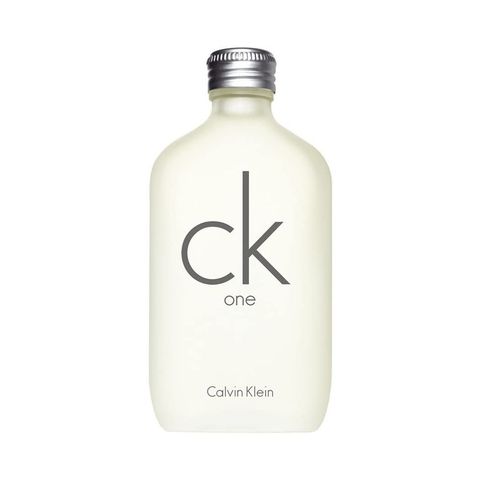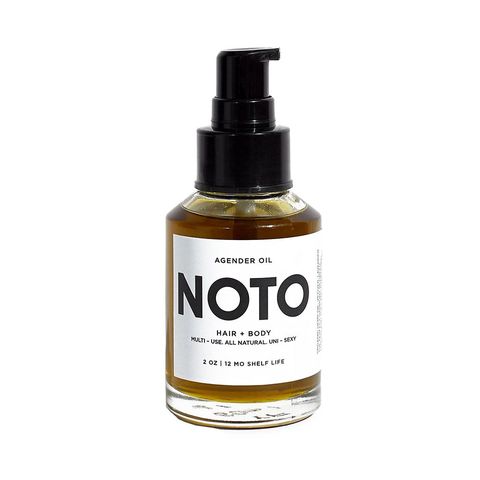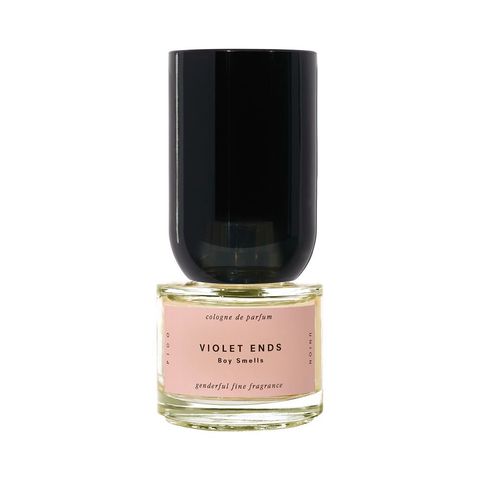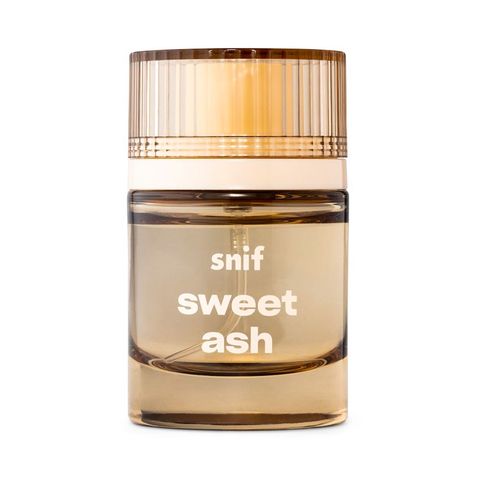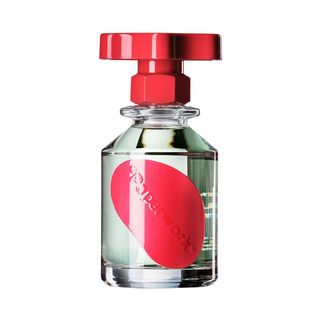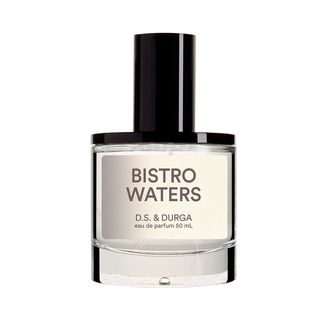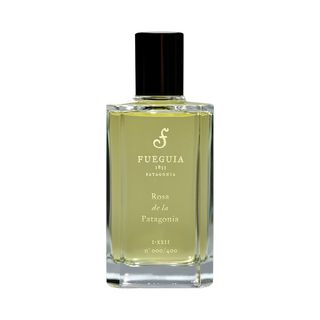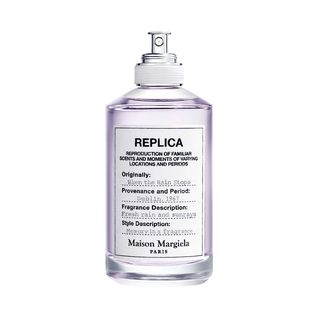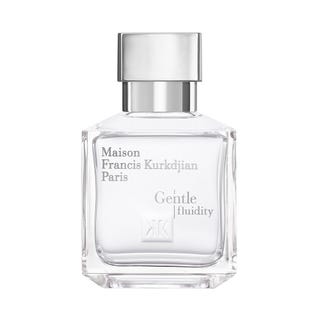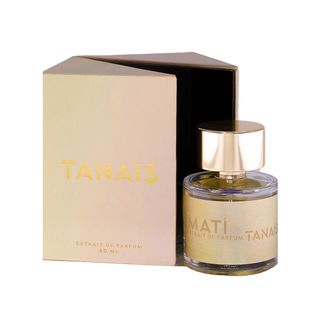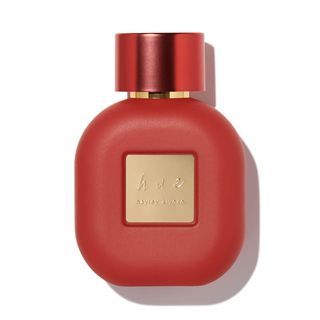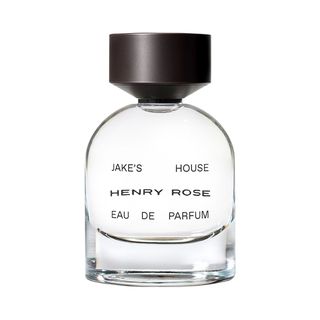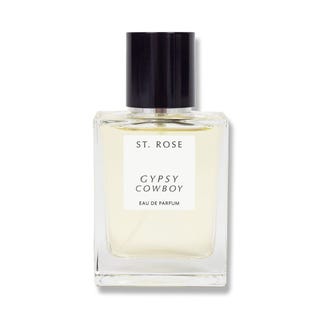Products You May Like
Roses are red, violets are blue, and both are for women when it comes to blending perfume. That’s the way it’s always been in the traditional fragrance industry—the scent of a flower or anything sweet has been seen as distinctly feminine, while notes of leather, tobacco, or spices have signaled masculinity and testosterone. But a new generation of LGBTQ+ brand founders and perfumers are rebelling against the hyper-gendered rules of fragrance blending, and instead creating fluid scents that reflect the complexity of human nature.
“The gender roles that have been given to fragrance don’t make any sense,” says perfumer and author Tanaïs. “A fragrance can inhabit any body. It’s about being drawn to the scent and putting it on—it’s not as if a rose wouldn’t smell appealing on the skin of somebody who is male-identifying.”
Many of these fragrance nonconformists cite a single scent as an early inspiration. In 1994, Calvin Klein released CK One—the first marketed unisex fragrance—which brought together rose with musk, amber, lavender, and papaya for a uniquely clean scent that was a stratospheric financial success as well as a formative beauty moment for a new generation. Both Kate Moss (who was part of the iconic black-and-white campaign) and Jared Leto reportedly wore the scent, which made more than $5 million in the first 10 days and sold 20 bottles a minute at its peak popularity.
“I didn’t feel like the girls or the boys growing up,” says Gloria Noto of Noto, who was 11 when CK One came to market. Noto’s first fragrance experience was their mother’s signature scents, the now-discontinued Exclamation by Coty and Elizabeth Arden Red Door Eau de Parfum. But everything about the gender-fluid launch of CK One spoke to Noto and how they formulated the Agender Oil, which brings together soft lavender with heavy vetiver. “CK One has been a through line in my whole life’s experience,” Noto says. The campaign was formative for Tanaïs, too, who says, “I didn’t actually like the scent, but the concept really resonated.”
A quarter of a century later, market research company Statista found that 51 percent of new fragrance launches in 2018 were for fragrances that were marketed as “unisex”—compared to 17 percent in 2010. And we’re continuing to explore what it means to smell masculine, feminine, and all of the gender and sexuality expressions in between.
“We’re at the beginning of a revolution,” says Phil Riportella, co-founder of the online-only fragrance brand Snif. “The types of fragrances an individual enjoys don’t have to be tied to gender anymore, but instead are about what an individual likes.”
The greatest move toward blending the lines starts with blending, period. “Blue” and “pink” notes are out, and instead fragrance is like your aura—use it to greet those around you with a vibe and tell them something about you. Also out: language or images that feel like perfume tropes—think of men riding bareback shirtless, or women coyly running from something while looking over their shoulder. Now imagery tends to be emotive shots of ingredients and products, and campaigns feature a variety of people and bodies. These next-gen fragrances are all about how they make the wearer feel—and, more importantly, if you identify with it, then it’s a scent for you.
In 2016, Los Angeles–based Boy Smells began with candles in millennial-pink boxes and added fine fragrances—tagged with the moniker “Genderful,” not genderless—last year. Violet Ends combines sophisticated violet flower—traditionally used in cosmetics—with rugged tobacco and leather to create an aromatic tug-of-war that brings to mind a cowboy who doesn’t care about smearing their red lip. “Limited gender expectations have been shoved down our throats by the fragrance industry,” says the brand’s co-founder Matthew Herman. “Boy Smells pokes fun at the outdated ideas that pink is for girls with our packaging—and that woods and musks are scents just for boys with the products we create.”
Snif’s direct-to-consumer model was inspired by those who dread going to department store beauty counters and any judgment that can come along with it. (To overcome the barrier of hesitant online shoppers, there’s a trial purchase option that comes with a sample and free returns if the scent isn’t for you.) Sweet Ash cuts the candied energy of traditionally feminine notes like vanilla bean and bergamot with earthy moss and fir—it’s like a hug from a windswept ex-lover that lingers just a little too long in hopes of reconciliation.
Tynan Sinks, a beauty writer and co-host of fragrance podcast Smell Ya Later, recalls the first time he tried on Chanel Coco Noir Eau de Parfum—which is heavily marketed to female-identifying shoppers—in his early twenties. “I’ve never fit the framework of traditional masculinity,” says Sinks, who is known for his pink cat-eye looks. “When I started wearing women’s fragrances, I was like, ‘Oh, this is me.’”
The ability to re-explore scent, outside the gender constructs of the traditional fragrance industry, brings a new joy to this connection, and new audiences to the experience.
“Modern fragrance is all about how it makes you feel,” Herman says. “Finding new sides of you and making room for evolution is a fantastic and never-ending journey of self. Scent can and should play a part in that.”
This article appears in the June/July 2022 issue of ELLE.
This content is created and maintained by a third party, and imported onto this page to help users provide their email addresses. You may be able to find more information about this and similar content at piano.io

